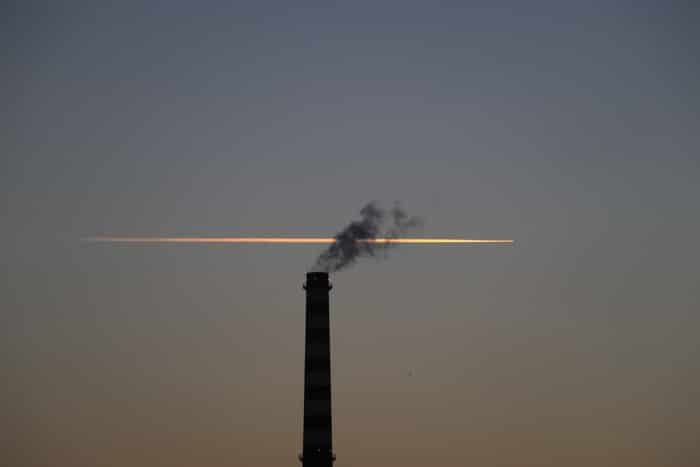
Moody’s report on the economic impacts of carbon pricing confirms what most thought: carbon-heavy producers and carbon-heavy consumers will be negatively impacted. However, those investing in carbon-neutral technologies will be poised for growth.
There are two distinct and practical ways that carbon pricing takes place:
• Tax on emissions put in place by governments; or
• Through carbon markets where carbon credits are bought and sold
The practice of carbon pricing has been endorsed by the International Monetary Fund, the World Bank, and the Organization of Economic Co-operations and Development. Currently, 40 national and 25 sub-national jurisdictions have put a price on carbon, with 21.5% of global carbon emissions covered by carbon pricing instruments. This is up from 15.1% in 2020.
Even China – the largest carbon emitter in the world – created its own carbon market. The global carbon market is expected to reach $22 trillion by 2050.
In a press release, Moody’s Vice President and Senior Analyst Anushka Shah said, “In an indication of growing commitment to decarbonization and mid-century net-zero emissions targets, policymakers globally are increasingly advocating carbon pricing systems.”
Right now, the average price for emissions is $2 per ton of carbon – which is not quite at the $25 per ton required per the Paris climate agreement. But governments and businesses are working on getting there. If anything, this report by Moody’s shows, it is truly in their best interest to do so.
According to the Federal Reserve, the total economic cost of a business-as-usual approach to climate change will be $2 trillion more than meeting the Paris targets by 2050 and $50 trillion more by 2100. So, while carbon pricing may seem costly to governments and industries now, the cost of not doing so is far more expensive in the long run.
No matter the economic impacts of carbon pricing, Moody’s said they are preferable to what will happen if the world fails to combat climate change. “The cost of inaction on controlling emissions will accumulate with much greater social and economic costs in the future.”